Turkey may infiltrate into Iraq, Syria overnight: Erdogan
President Recep Tayyip Erdogan says Ankara would not tolerate the presence of the Kurdistan Workers' Party (PKK) in Iraq's Sinjar region and northern Syria, hinting about an operation to flush militants out of the areas in Turkey’s south.
"Turkey knows what to do and when to do it, we may come there overnight all of a sudden," Erdogan said on Saturday.
The remarks came after more than a dozen PKK members were killed when Turkish military aircraft carried out two separate aerial attacks against the militants’ positions in Iraq’s semi-autonomous Kurdistan region.
The Turkish General Staff announced in a statement on Saturday that six PKK terrorists were killed around Sinat-Haftan area, while eight others were targeted in the countryside around Adiyaman.

The statement came as the Baghdad government has frequently demanded an immediate end to Ankara’s airstrikes against Kurdish militant in northern Iraq, denouncing the assaults as unacceptable and a violation of its sovereignty.
Turkey has stepped up its attacks against PKK positions in northern Iraq and its Syrian affiliate, Peoples' Protection Units (YPG), in recent weeks.
Earlier this week, Turkish fighter jets bombed Kurdish forces in Syria and Iraq, drawing rebukes from the US State Department and the Pentagon.
The Turkish military said the April 25 attacks centered on Mount Sinjar in Iraq and Mount Karakoc in Syria.
The strike in Syria reportedly hit the area, where the headquarters of the US-backed YPG forces are located, killing and wounding an unspecified number of fighters.

Turkish military forces have been conducting ground operations as well as airstrikes against PKK positions in Turkey’s troubled southeastern border region and Iraq’s semi-autonomous Kurdistan region for nearly two years.
The campaign began following the July 2015 bombing in the southern Turkish town of Suruc, which claimed more than 30 civilian lives. Turkish officials held the Takfiri Daesh terrorist group responsible for the act of terror.
PKK militants, who accuse the Ankara government of supporting Daesh, launched a string of supposed reprisal attacks against Turkish security forces after the bomb attack, in turn prompting the Turkish military operations.
Jordan sentences former lawmaker for supporting Palestinian resistance
Basij volunteer forces hold massive drills in southwestern Iran
Israeli war criminals 'not welcome', US city says after ICC ruling
US vetoing of Gaza ceasefire resolution ‘disgraceful’: Iran’s UN envoy
VIDEO | IAEA adopts anti-Iran resolution tabled by E3
VIDEO | Iran's president urges Pope to help end Israel's onslaught in Gaza
Iran's senior legal official: ICC arrest warrant for Netanyahu ‘great victory'
Nov. 21: ‘Axis of Resistance’ operations against Israeli occupation


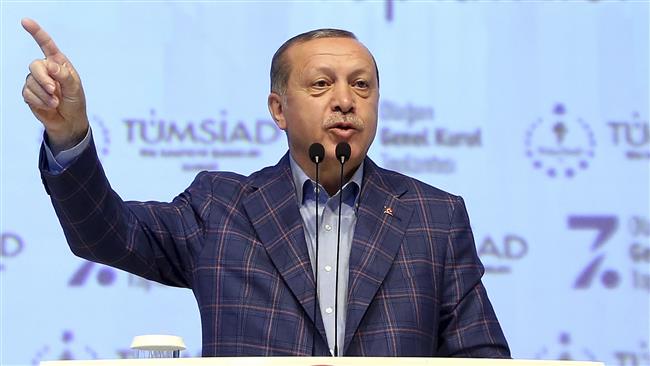

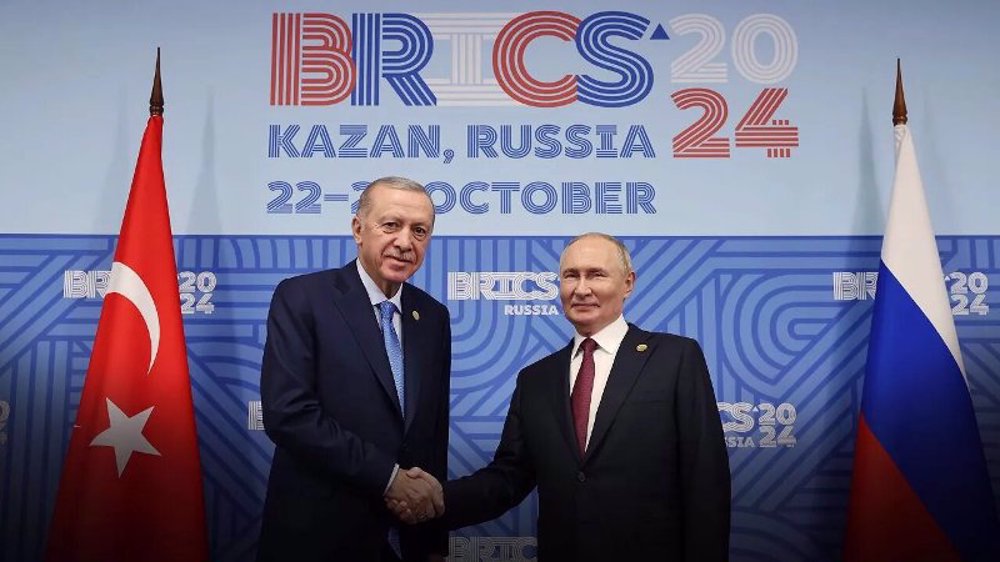
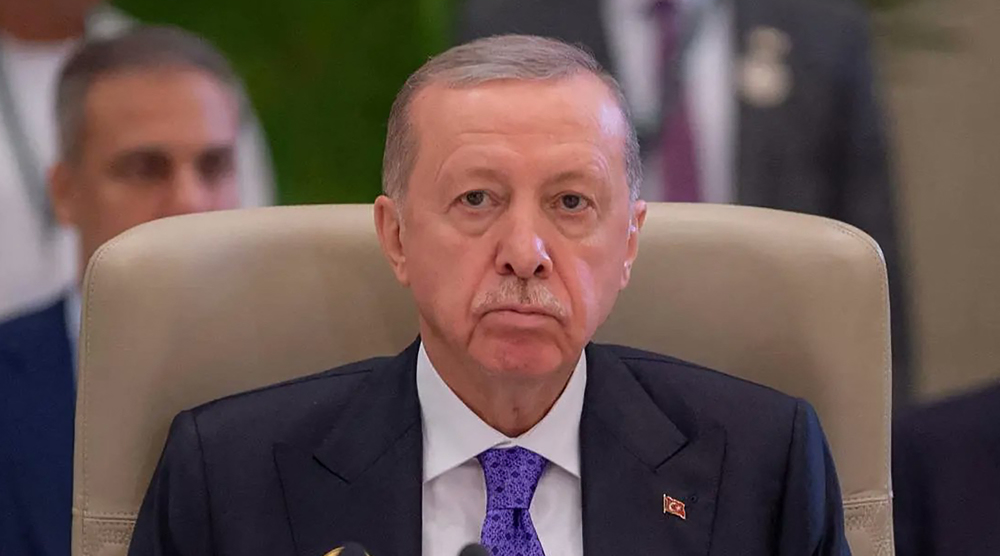



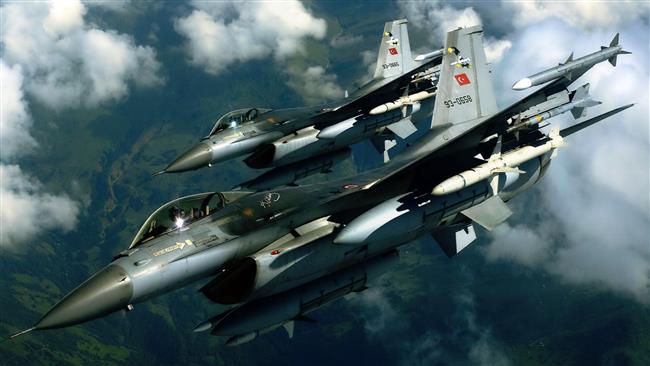
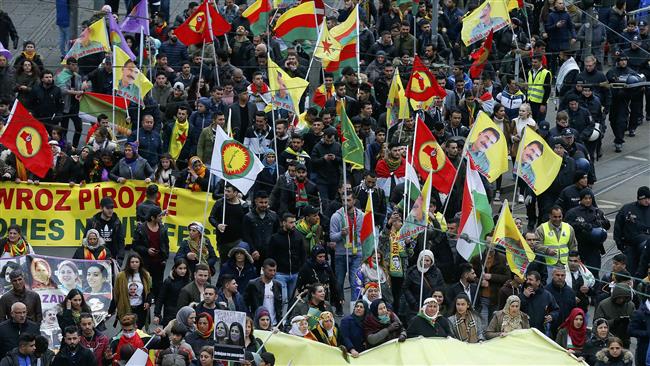
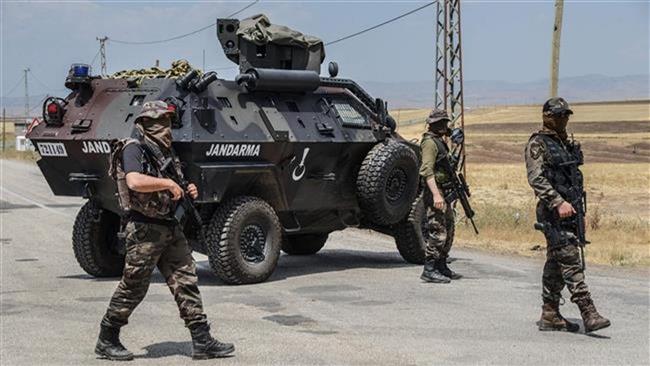


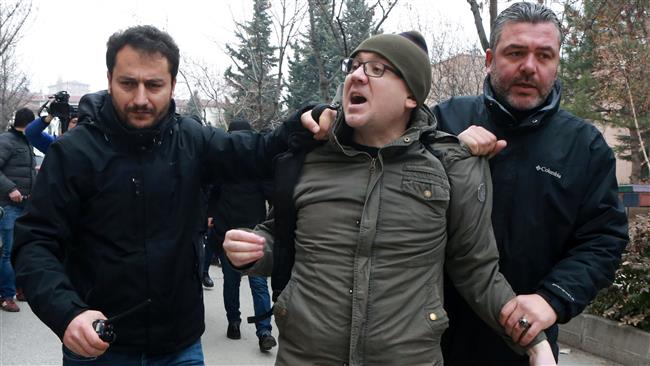

 This makes it easy to access the Press TV website
This makes it easy to access the Press TV website